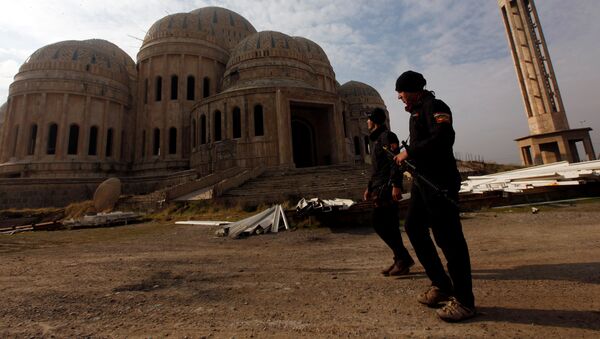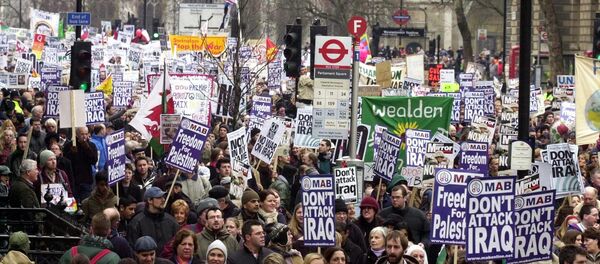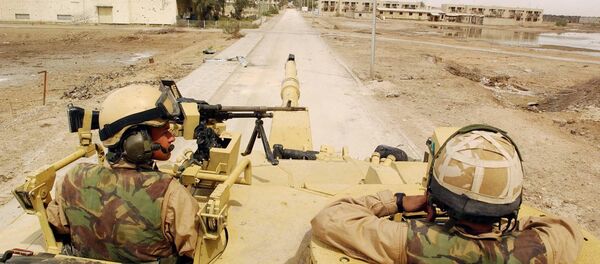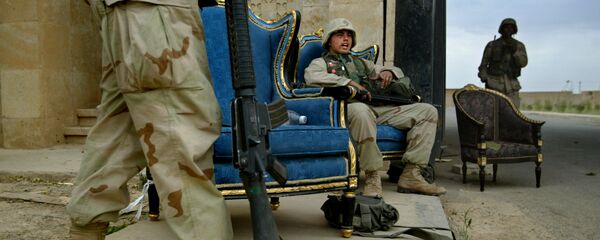Sputnik discussed the Iraq invasion with Zeinab Mehanna, a Lebanese-Iranian researcher with a focus on Islam, black history, and human rights.
Sputnik: What repercussions of the invasion of Iraq can we still see now in the Middle Eastern country after 15 years?
Sputnik: Have you been to Iraq recently?
Zeinab Mehanna: Yes, I was there for Arba'een, which is the commemoration of the grandson of the prophet.
Sputnik: Can you tell us about what your thoughts are, having visited Iraq? What's the quality of life and feeling on the street 15 years on?
Sputnik: What was the underline motive for the invasion of Iraq in 2003? Obviously it was underpinned by the oil industry, revenues from oil, but from your point of view what would you put down for the motive for the invasion in 2003?
Zeinab Mehanna: You're right about the oil industry, but the premise of the motive for the invasion in 2003 was the weapons of mass destruction by Saddam Hussein. But after the release of the UN reports by Hans Blix and Scott Ritter that revealed that there were no WMD’s. Bush, however, ignored the agreement to invade only after WMD's were found and he did this without the UN and the Congressional authorization.
Sputnik: The invasion of Iraq is often paralleled with the US destabilizing actions in other countries, such as Yugoslavia and Libya; how long will this dreadful trend go on? Is there any way to stop it?
READ MORE: 'The US Has Done Nothing but Create Misery for Iraqi People'- Academic
Sputnik: How long to you think it will take Iraq to come back to normal life and what steps can be taken for this to be achieved?
Zeinab Mehanna: There's a lot of scars, socially, physically, look at the destruction over there. In the 70's and the 80's Iraq was considered one of the most important and one of the most developed and the most progressive Arab countries. It's going to take them time, but at the moment the country is unified by the PMF and I'm hopeful, if it's going to take decades, time will tell, but I think they need to do something about it and the intervention of the neighboring countries should be lessened with the policies over there.
*Daesh, also known as ISIS, Islamic State, IS is a terrorist group, banned in Russia






